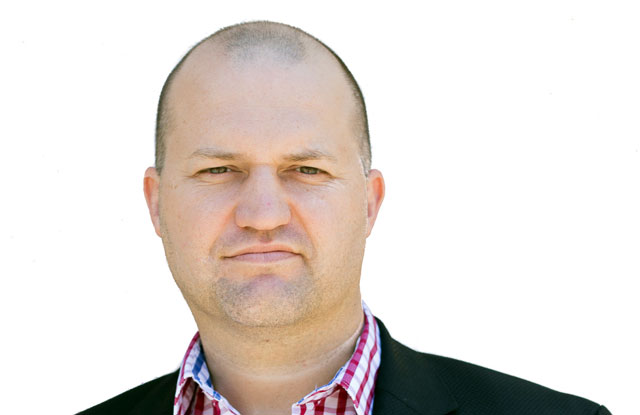South Africa’s Llew Claasen was appointed as the new Executive Director of the Bitcoin Foundation because they think he has the skill that is needed now to move the Foundation forward. He said that there is an amazing opportunity for the organization to help the Bitcoin ecosystem. In this interview, he sheds light on his appointment and the organisation he leads.
Cointelegraph: Did your appointment as the executive director of Bitcoin Foundation come as a surprise?
Llew Claasen: Yes! I was in Italy on vacation at the time that the Board approved my appointment and within days I was on a plane to Toronto for the announcement. I had been discussing the position with the Board for a few weeks before that, following the decision of Bruce Fenton to step down as the Executive Director of the Foundation.
CT: I believe your focus would be on improving Bitcoin adoption and use?
LC: We believe that the most important uses of Bitcoin are as a medium of exchange and as a store of value and this is where we will focus our advocacy programs. As a technology, we're still firmly in early adopter territory, so our programs will be focused on outreach for engineers, especially software engineers.

Acceleration of Bitcoin adoption
CT: It takes several qualities to steer the wheel of a global industry group that is focused on Bitcoin with a variety of corporate members, individuals and international chapters. What factors or skills would you rely on to see you through the tasks ahead?
LC: Running a non-profit foundation for an open source project that was founded on a philosophy of privacy, decentralized trust and distributed effort is certainly going to be a challenge. There is no obvious precedent for such an organizational structure. We believe that any attempt by the Foundation to exercise command or control within the Bitcoin community will fail. Rather, we see ourselves as being most useful to the Bitcoin community if we play a coordination function. Our ability to influence positive outcomes for Bitcoin will be directly related to how well are able to enable players to coordinate their efforts to accelerate the adoption of Bitcoin globally.
CT: Have you started speaking with individual members, corporations, developers and the Bitcoin community? If yes, what's the reaction like so far?
LC: I have. It's the most important thing that I am doing during the first few weeks in this position. I've had many phone calls and face-to-face discussions with people across the ecosystem and we've surveyed our members and close communities as well. I'm currently broadening the scope of these discussions to people outside of North America and that outreach is starting to yield very important discussions and insights. There is a very small group of people that question the relevance of the Foundation, but most Bitcoin community members that I've engaged with want to see leadership from us.
Bitcoin as a killer app
CT: Where do you see Bitcoin in the next few years?
LC: I believe that the adoption of Bitcoin will follow a similar but more accelerated trajectory to the adoption of the internet during the Information Age. We think the killer app is the Bitcoin cryptocurrency, not the blockchain or distributed ledger. We think we've just entered the Value Age.
CT: What's your view on scalability?
LC: We have very smart people in the Bitcoin community working on this problem. They don't always all agree with each other on what the best approach is to take. This is normal behaviour that is just more visible in an open source community. Our function as a Foundation is not to make technology choices, but where relevant, to enable conversations between smart people and ultimately, to support the longest chain. I think we all know that we need a new type of governance structure for Bitcoin, but because this is all so new to everyone, we don't have an elegant solution yet.
